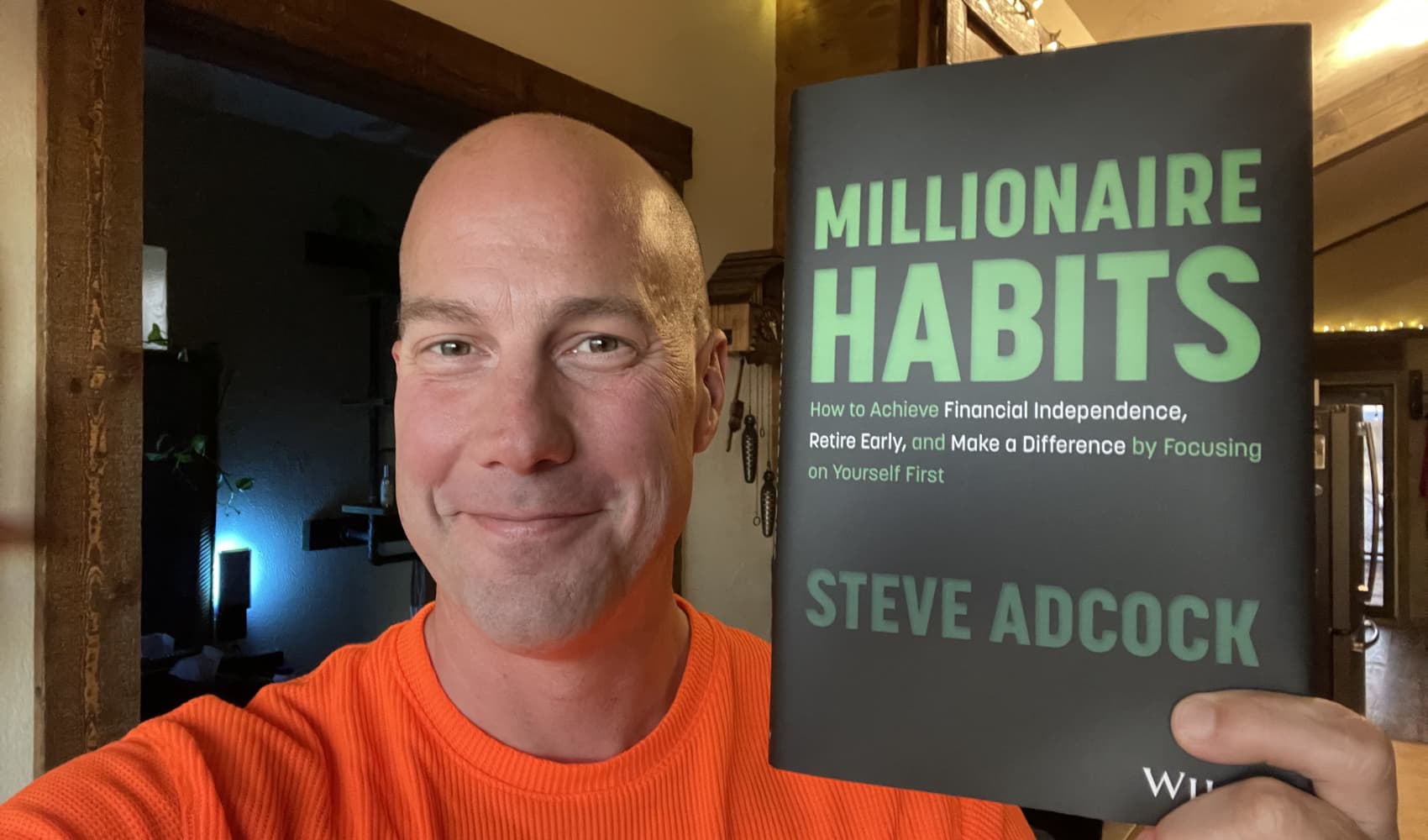
Bernadette Joy, host of the Crush Your Money Goals podcast, and her partner paid off $300,000 in debt in four years by living a "minimalist lifestyle." Now as a money coach, she uses what's she's learned to help others reach their financial milestones.
Still, Joy says, she is not a stranger to overspending. And at the end of an "exhausting" day she loves to shop. "It's almost like shopping is an energy booster or a dopamine hit," she says.
This trigger is not uncommon.
Chris Browning, founder of the podcast Popcorn Finance, says his most thoughtless purchases happen when he is tired, too.
We're making it easier for you to find stories that matter with our new newsletter — The 4Front. Sign up here and get news that is important for you to your inbox.
"When it's late at night or I've had a long day and I'm just burnt out, I find that what would normally be a purchase I agonize over, because I'm too nervous or conflicted about spending the money, can become a quick impulsive decision," he says.
You've probably experienced this, too.
This tendency to overspend when you're tired can be explained by a psychological theory named cognitive depletion.
Money Report
What is cognitive depletion?
When you wake up every morning, you have a limited amount of cognitive energy, or brain space, to help you make decisions, says Ross Steinman, a professor of psychology at Widener University who studies consumer behavior.
You can increase your cognitive energy by getting a restful night's sleep, scheduling in some physical activity, or meditating.
However, throughout the day you make thousands of little and big decisions — what to wear to work, what to have for lunch, how to phrase that email — so by the evening, your cognitive energy might be totally spent.
If you browse a store or start shopping around online at the point in your day when your cognitive energy is at its lowest, you're less able to make a rational decision than you might have been at the start.
"Let's say somebody is buying mouthwash or toothpaste," Steinman says. "What they might do if they are operating at an optimal level in terms of sleep and decision-making is evaluate prices or search for coupons, but when they are sleep-deprived or tired they are going to do very little of that because they don't have those cognitive resources to allocate."
Instead of researching the differences between toothpaste brands, for example, they might just choose Crest regardless of price or whether it's worth the extra money simply because it's familiar.
If you've had an especially challenging day, you might also feel like you "deserve" an easy decision, Steinman says. This usually comes into play with bigger or unnecessary purchases rather than your everyday necessities.
"Basically what is happening is people are giving themselves permission to splurge," he says.
To avoid overspending when tired try a 'cooling down period'
There are ways to combat impulse spending when fatigued. Let's say you get home from a stressful day of work and see a great deal online. Before pressing "checkout" wait a bit, Steinman says.
″Leave it in your cart 24 hours and think about if you really need to purchase that," he says.
During that time, you'll go through a "cooling down period," he says, that allows you to return to a more "consistent emotional state." When you come back to it at a later date — and ideally when you're cognitive energy is high — you will make a more thoughtful decision.
If you often shop when you're fatigued, you could also start allotting some money in your budget specifically for these more impulsive purchases. This way you have a buffer should you slip up and splurge once in a while.
You can also consider taking steps to manage your exhaustion, as Joy does. "I actually have been working on sleeping at the same time every night and getting at least seven hours,' she says.
"I'm also eating earlier dinners and funny enough I don't shop online at night anymore."
Sign up now: Get smarter about your money and career with our weekly newsletter
Don't miss: 25-year-old TikTok creator with 7 million followers saves 50% of her income: 'I don't touch it'






